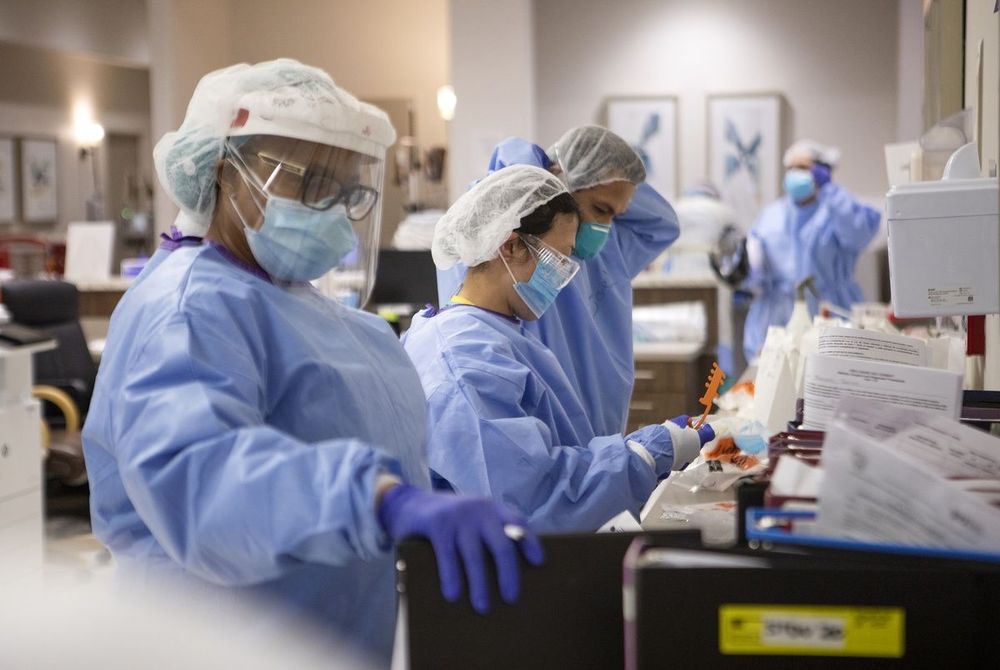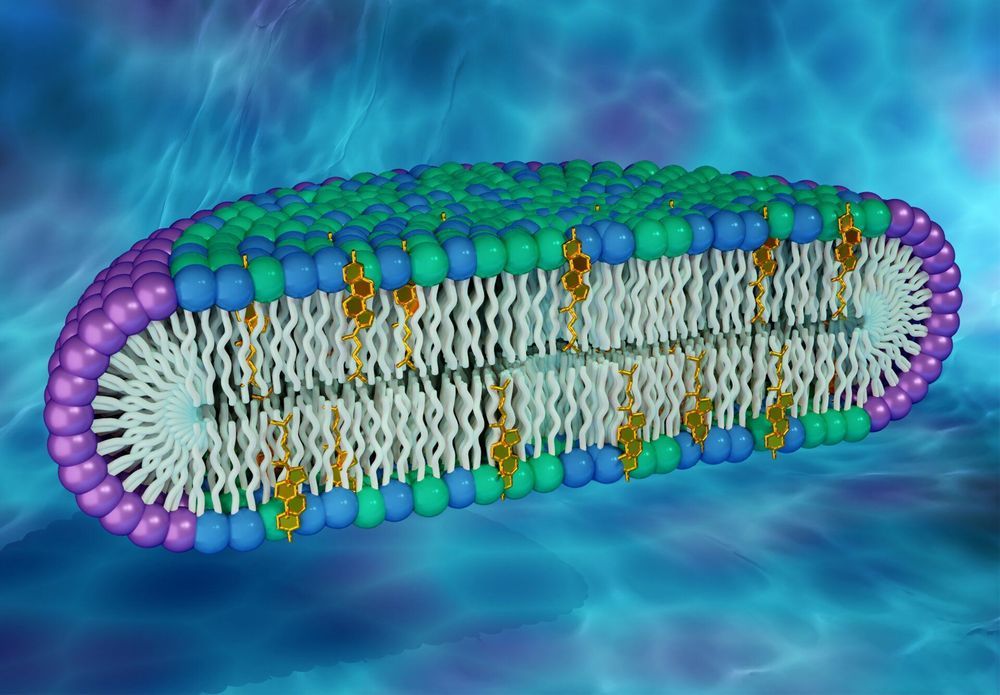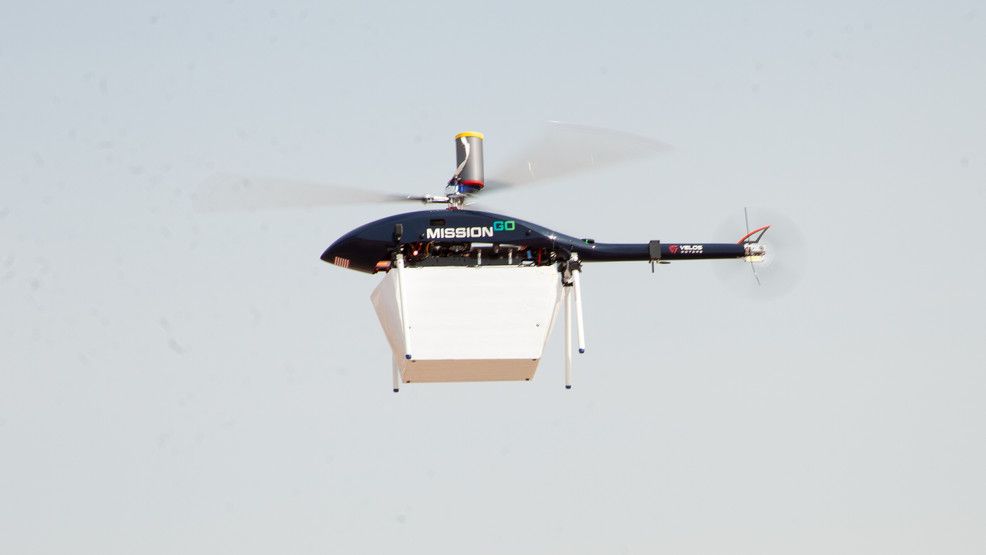Sep 28, 2020
Ransomware reportedly to blame for outage at US hospital chain
Posted by Quinn Sena in categories: biotech/medical, health, mobile phones
It doesn’t appear staff or patient information was compromised.
Health care provider Universal Health Services, one of the largest chains in the US, has been hit by an apparent ransomware attack, TechCrunch reported. UHS facilities in California, Florida, North Dakota, Arizona, and other locations began noticing problems early Sunday, with some locations reporting locked computers and phone systems.
Some UHS hospitals had to use pen and paper to file patient information as a result, according to NBC News.
Continue reading “Ransomware reportedly to blame for outage at US hospital chain” »

















